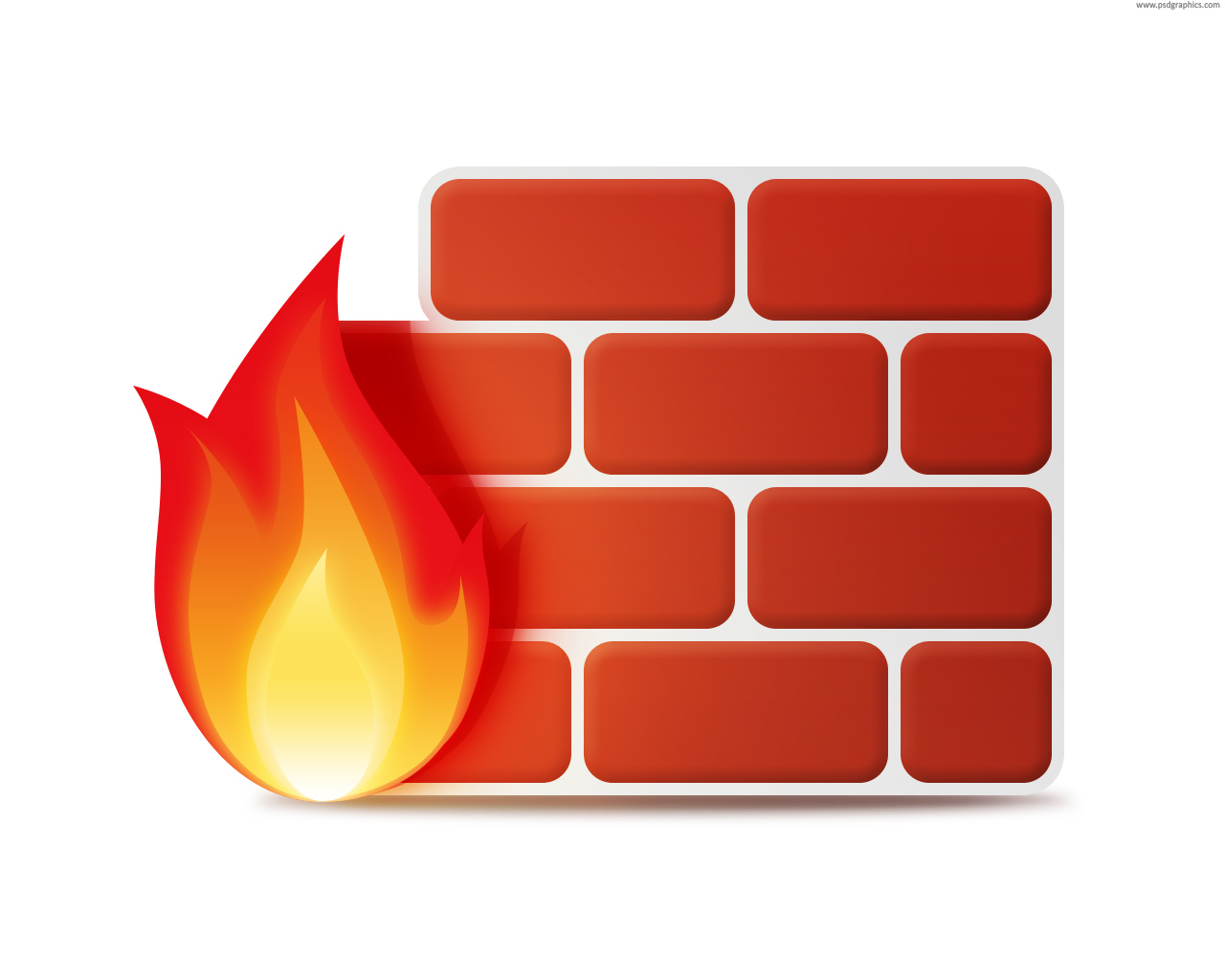
If your PC is connected to the Internet, you are a potential target to an array of cyber threats, such as hackers, key loggers, and Trojans that attack through unpatched security holes. This means that if you, like most people shop and bank online, are vulnerable to identity theft and other malicious attacks.A firewall works as a barrier, or a shield, between your PC and cyber space. When you are connected to the Internet, you are constantly sending and receiving information in small units called packets. The firewall filters these packets to see if they meet certain criteria set by a series of rules, and thereafter blocks or allows the data.
This way, hackers cannot get inside and steal information such as bank account numbers and passwords from you.Most sophisticated firewalls also include a feature that continuously updates the list of known good and known malicious applications. This way, the amount of questions relating to Internet access is minimized and your computer protection is always up-to-date.
Although a firewall provides critical protection to keep your PC safe from unauthorized access, it cannot remove malware from a system that has already been infected. Therefore, a firewall should be used in conjunction with other proactive measures, such as anti-malware software, to strengthen your resistance to attacks.
MOST COMMONLY USED FIREWALLS ARE AS FOLLOWS:
1.Comodo.
2.Ipcop.
3.Sonicwall.
4.Norton Firewall.
5.Tiny Firewall.
Article By – Harshita C. Jadhav